For female farmers growing mangos or pineapples in Kenya or Uganda , one of the main businesses challenges is simply getting food to customers: Without access to refrigerated storage or efficient transportation, food often spoils before it gets to a market. Overproduction is another problem, many tiny farms grow the same crops as neighbors flooding the market at harvest time. A startup called Agricycle is working to build new brands that can save food that would otherwise be lost—and help boost the incomes of rural families living in extreme poverty.
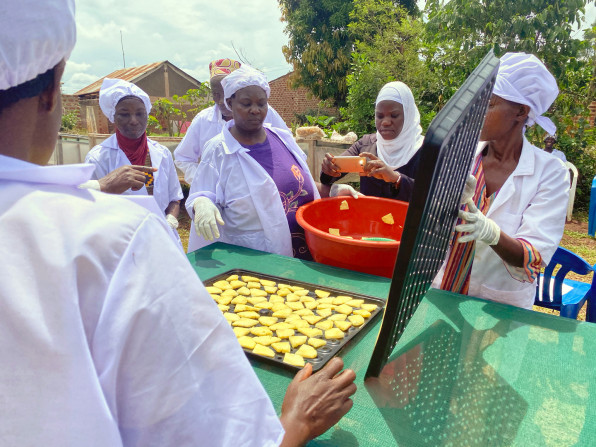
The company started with a solar dehydrator developed in a university class project, which the founders realized could be part of a system to tackle food waste. “We saw it as a larger model for how to use food loss as a tool for economic empowerment in villages across the world,” says founder and CEO Josh Shefner.
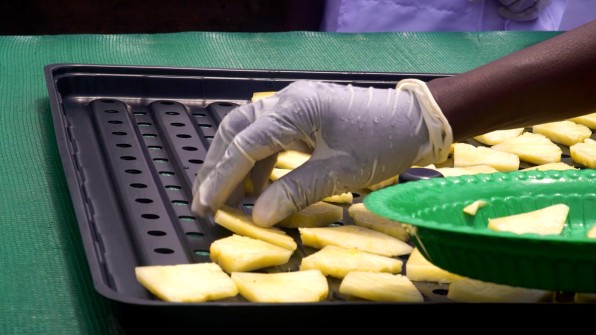
Drying fruit is one way to preserve it, but most dehydrators aren’t designed for the developing world. Agricycle’s design works without electricity, with a simple container that heats up in the sun while protecting the fruit inside. At first, the company planned to just provide the technology. But then it began to develop the entire supply chain and market. Farmers said, “‘Great, I have this dehydrator,’” Shefner says. “It’s not very useful, though. I don’t know who to sell dried fruit to.”
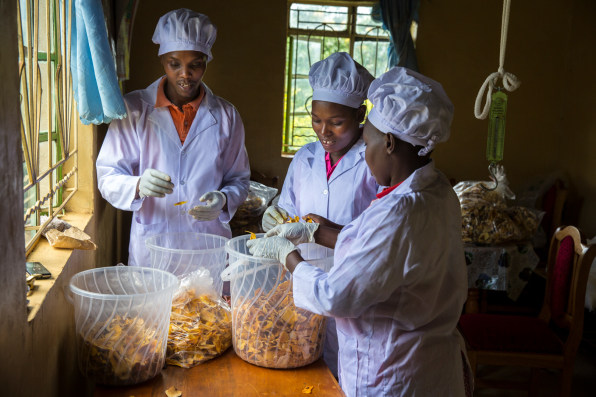
The company’s first brand, Jali Fruit Co, answers that question, packaging the dried fruit as snacks sold in the U.S. A network of 35,000 farmers in Sub-Saharan Africa and the Caribbean sell mangos, jackfruit, and pineapples to the brand, going through rural cooperatives using the dehydrators. “We work with nonprofits to train women on how to use them, help them establish independent bank accounts, and connect them to microfinance,” he says. “We’ve created just under 7,000 livelihoods to date, and they make between seven to 10 times the average daily wage.” Trucks collect the fruit from remote farms, and then the final product is packed at central locations in both Africa and Central America. “We’re making sure the value addition happens locally,” he says.
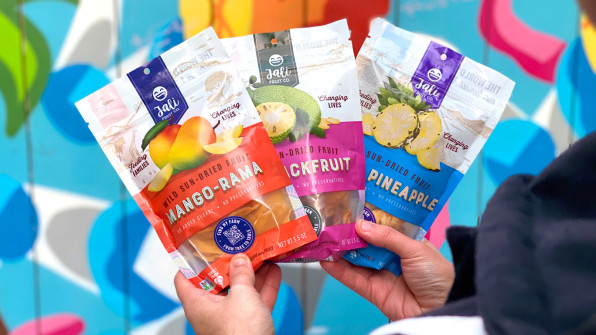
In a second recently-launched brand called “Tropicoal” Ignition, the company uses coconut shells and palm kernels to make an alternative to charcoal that is often otherwise made from wood. Cooking fuel is a major source of deforestation in Africa, and the company plans to sell it there locally as well as exporting it. The new product also burns more cleanly, with less smoke. A third product line turns parts of fruit, such as mango pits, into flour that can be used to make gluten-free baked goods.
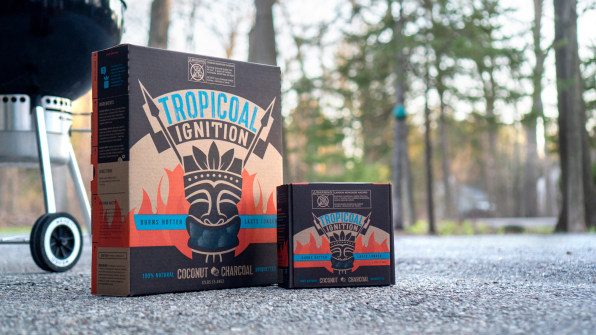
The startup plans to continue to expand. “We’re more a supply chain than we are anything else,” says Shefner. “So we’re using Jali Fruit Co and Tropicoal Ignition as proof of concept. There’s much larger ingredient supply deals that we’re working on. And that’s where the company’s headed—we’re taking our capabilities of traceability and sourcing and bringing it to larger manufacturers.”

Recent Comments